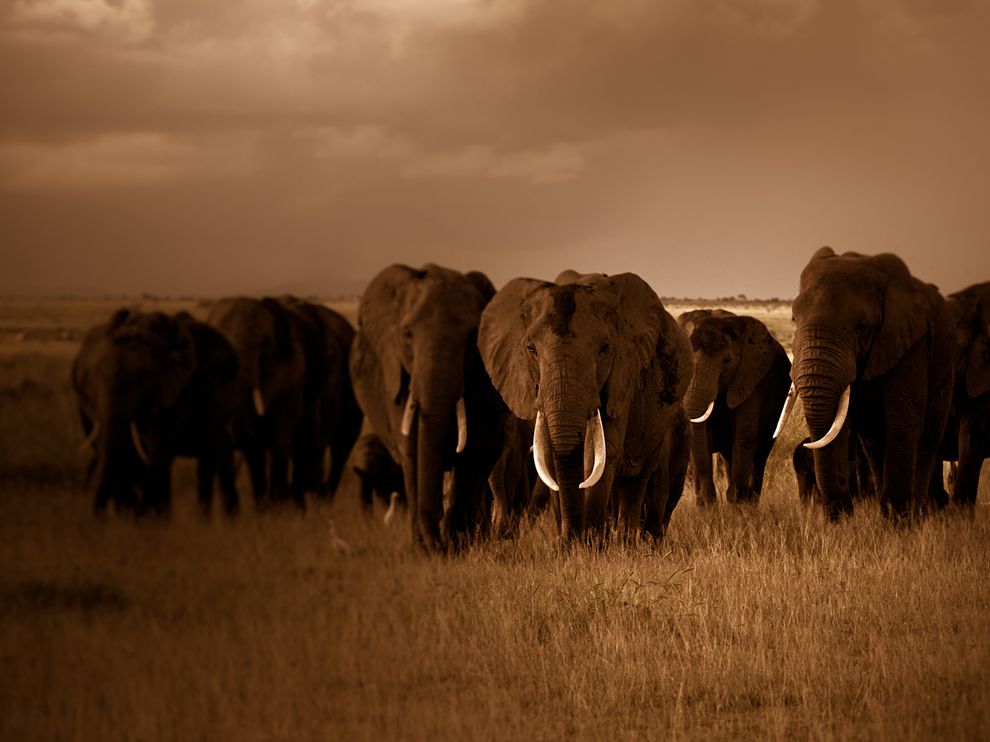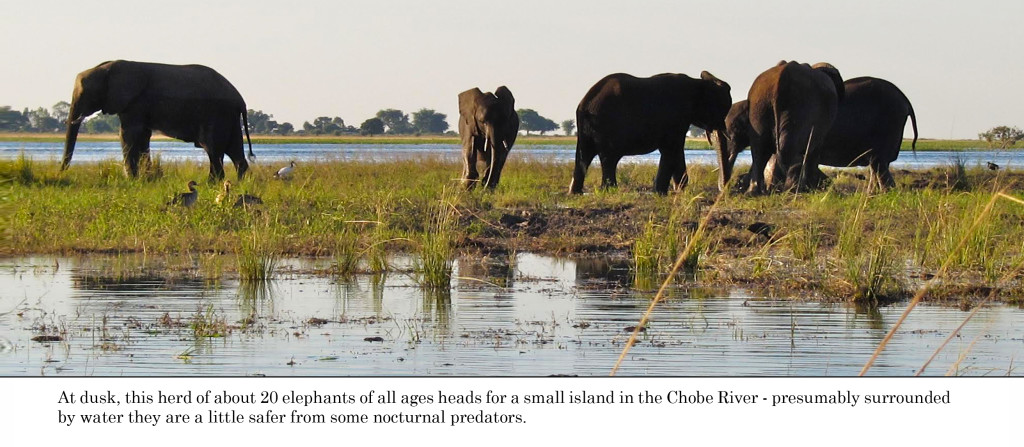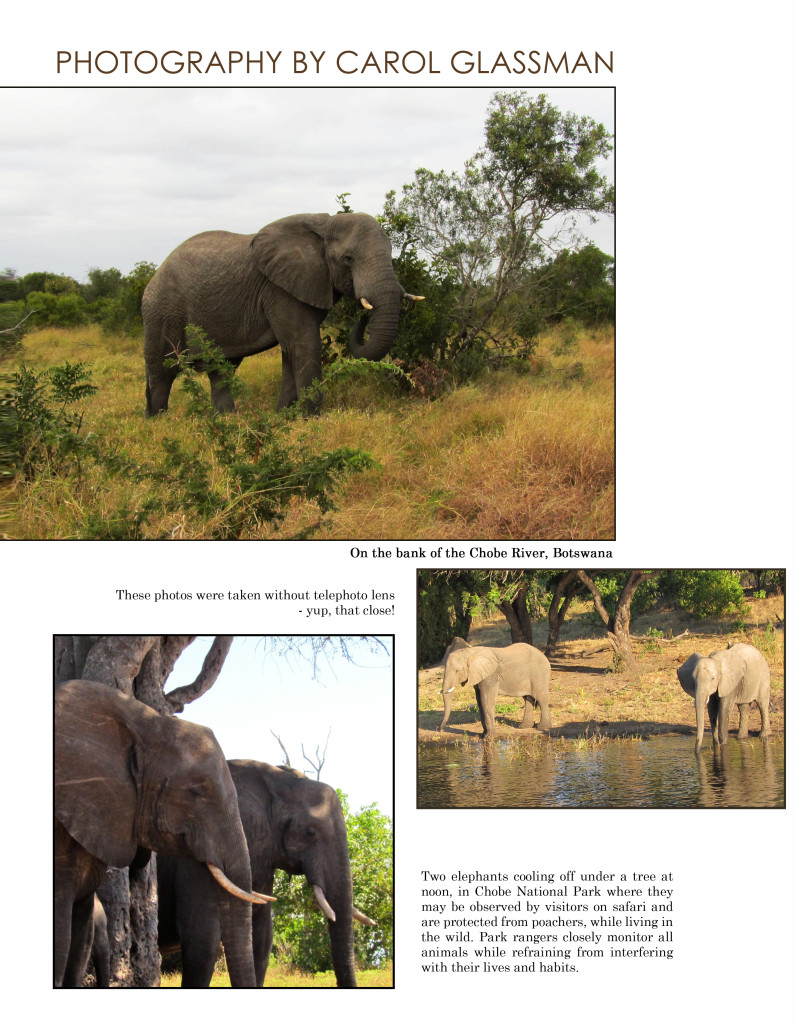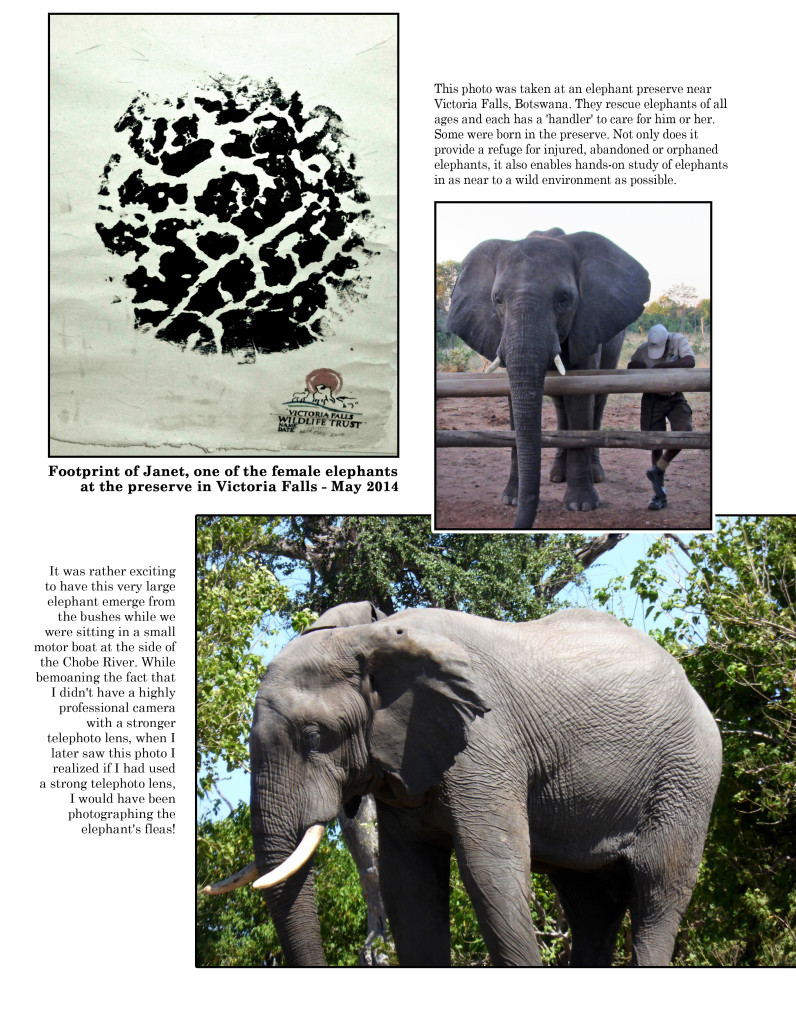 The Soul of the Elephant – A moving documentary exploring the last remaining herds of elephants in one of the most remote places in Africa
The Soul of the Elephant – A moving documentary exploring the last remaining herds of elephants in one of the most remote places in Africa
Review by Annamaria Geresdi
“They emerged from the swamps 50 million years ago and became creatures that ruled the world from coast to coast, mountains to deserts… They leave us messages, ancient footprints in the sands of time… Their movements are meditation. Their eyes shine with a deep intelligence…” – Dereck Joubert, Soul of the Elephant
Elephants: they are majestic; they are intelligent; they are iconic. We are humbled by their gigantic size, their strength, and intellect. Elephants are simply magnificent creatures. Yet, their population is decreasing each year — placing them at risk of extinction.
The natural habitat of elephants is disappearing in front of our eyes. As a result of climate change, large portions of their home lands are becoming hotter and drier, offering poor foraging conditions and threatening calf survival. The increasing conflict with human populations taking over more and more elephant habitat has also become a threat to the future of these animals. In addition, there are over 35,000 elephants poached each year solely for their ivory tusks.
That is 96 elephants killed each day. Organizations of wildlife conservation are working hard to maintain a ban on the sale of ivory as well as on regulations that govern worldwide elephant protection. But despite the efforts, ivory is still being used as a currency or commodity hedge in many countries, placing elephants at great danger of extinction.
It has become a depressing fact that many species can no longer breed as fast as poachers kill them. Slaughtering animals for fun, for myth, for greed and ignorance is an unforgivable act — a sin beyond comprehension, and it has to stop.
Raising awareness and spreading the message of securing a future for the elephants has become the mission of many dedicated individuals and organizations. They recognize that we cannot allow these incredible creatures disappear from Earth. Observing them, we come to understand that elephants are sentient beings that have a lot to teach us.
Elephants are smart and very perceptive creatures. They form deep family bonds and have memories that can span many years. They display feelings of grief, joy, anger, and play. They celebrate birth and mourn their dead, just like we do. They are social, considerate, and very protective. Elephants are among the world’s most intelligent and sensitive animals.
Focusing on the behavior that makes elephants unique, wildlife filmmakers Dereck and Beverly Joubert take an intimate look at these majestic giants in their new film, Soul of the Elephant.
The Jourberts are dedicated conservationists who have lived in the wild in Botswana for over 30 years, filming, exploring, researching, and telling the stories of this magical place.
The Soul of the Elephant takes us on a journey to one of the most secluded regions of Africa, where over 9,000 elephants live today. Starting from a pile of elephant bones, the filmmakers explore the many different possibilities that one old elephant may have witnessed during the course of its long life.
The 50-minute documentary showcases spectacular footage on the life of these fascinating creatures and exceptional photography of the vast landscapes of Botswana. The brilliantly shot pictures are accompanied by intimate insights, narrated by the couple, into what makes these magnificent animals what they are.
According to Dereck Joubert, the reason for filming the Soul of the Elephant was to highlight what we might be losing if we no longer have these animals roam the earth: the richness of all the things they can teach us and the answers they can reveal to us – answers that may even help us understand cancer more in our own species.
Watching this eye-opening and truly moving documentary can help us discover and celebrate the “ways of the elephant” and realize the loss we’ll suffer unless the trade in wildlife stops.
Soul of the Elephant premiered on PBS on October 14th, 2015. You can watch the entire film at http://video.pbs.org/video/2365582605.
NOTE FROM THE EDITOR
Carol Glassman, our well-traveled copy editor recommended this video to me just the night after it was aired on PBS. She said: “It is magnificent – I love elephants and this was photographed where I was in Botswana!” Upon watching the documentary, I was moved and felt the urge to spread the word about it. So I decided to feature the film in this issue and inspire others to also watch it.
Along with this feature, I’d like to share Carol’s beautiful photography taken in the same area the documentary was filmed.
“I have always suspected that elephants are almost human and possess souls, but after being mesmerized by this documentary, I am sure of it! How often do we associate elephants with water? Oh, we may think of them comically hosing themselves and each other with those impossibly hilarious trunks, but here is a moving documentary that separates these regal creatures from the circus and the zoo, and places them back in their wild and natural origins — where they belong.” – Carol Glassman, Copy Editor

Did you know?
Elephants can live up to 70 years. They communicate over long distances by producing a sub-sonic rumble that can travel over the ground faster than sound through air. Other elephants receive the messages through the sensitive skin on their feet and trunks.
Elephants live in tight family groups of related females called a herd. The herd is led by the oldest and often largest female, called a matriarch. Herds consist of 8-100 individuals depending on terrain and family size. When a calf is born, it is raised and protected by the whole family. Having good memory serves matriarchs well during dry seasons when they have to guide their herds over huge distances, sometimes for tens of miles, to watering holes that they remember from the past.
Males leave the family unit between the ages of 12-15 and may lead solitary lives or live temporarily with other males.
Adult elephants eat 300-400 lbs of food per day. They can measure up to 30 feet from trunk to tail. An average male weighs 6,000-15,000 lbs.
SOURCES:
http://www.defenders.org/elephant/basic-facts
http://www.huffingtonpost.com/dereck-joubert/the-soul-of-the-elephant_b_8288950.html


